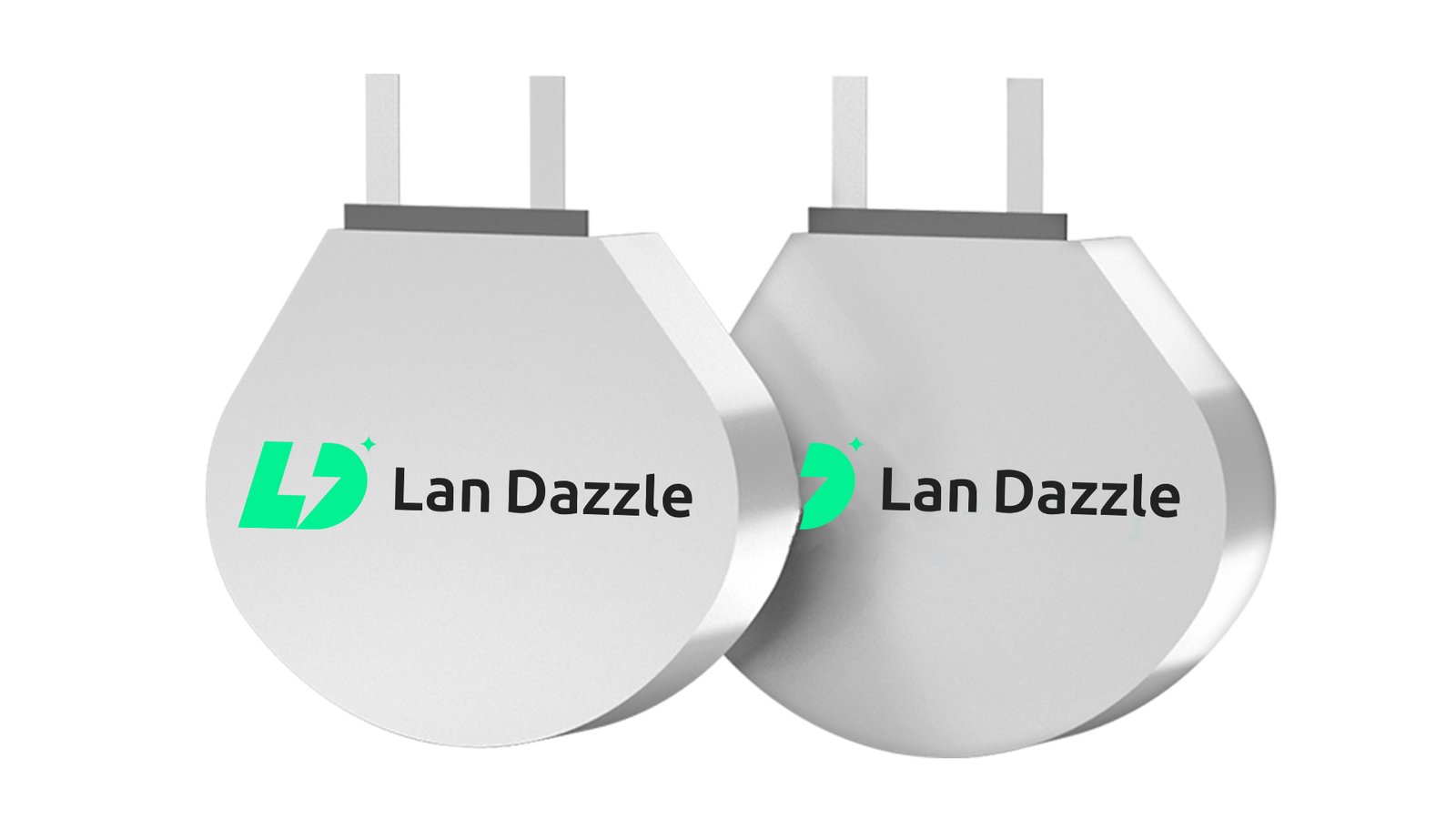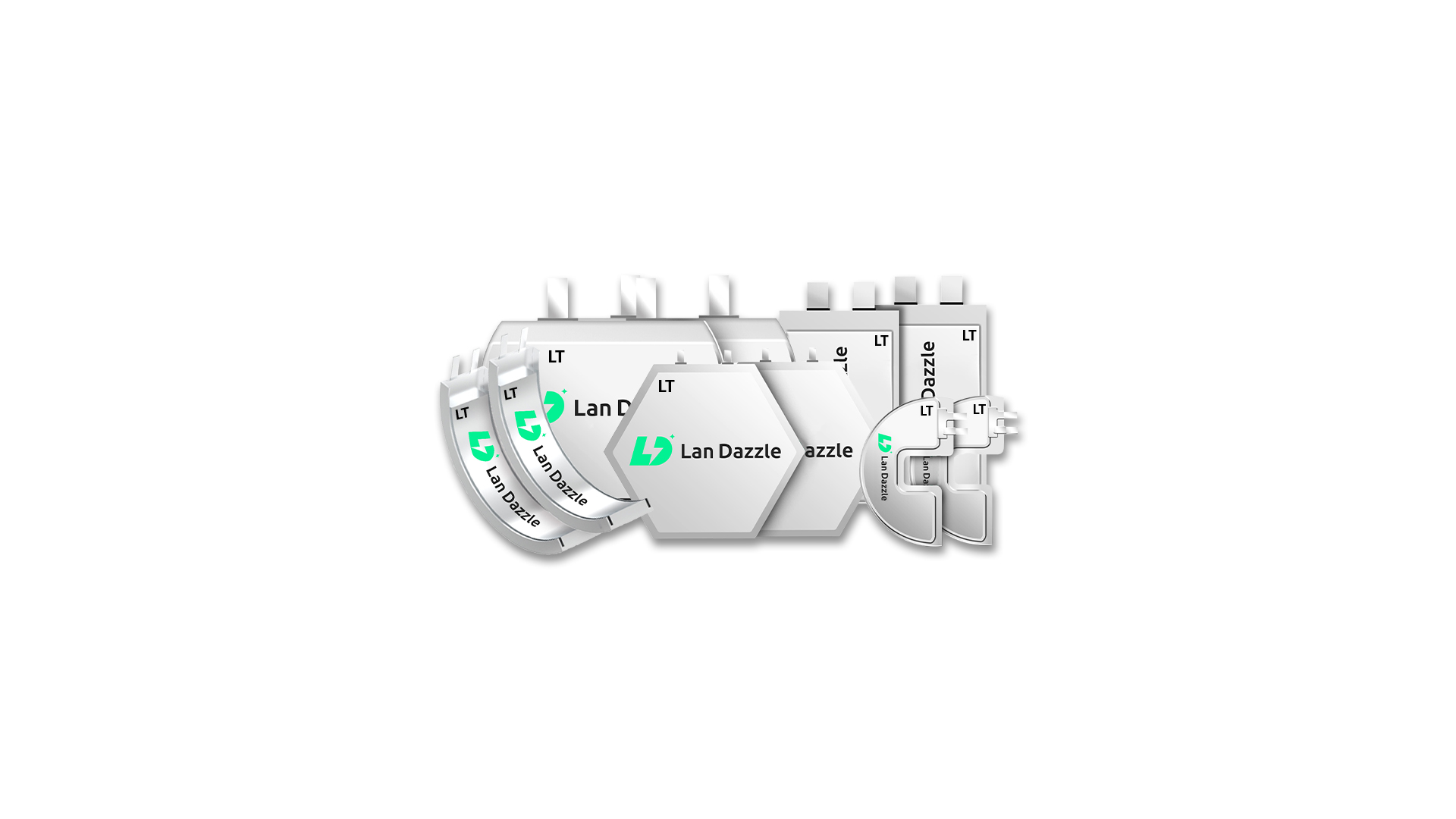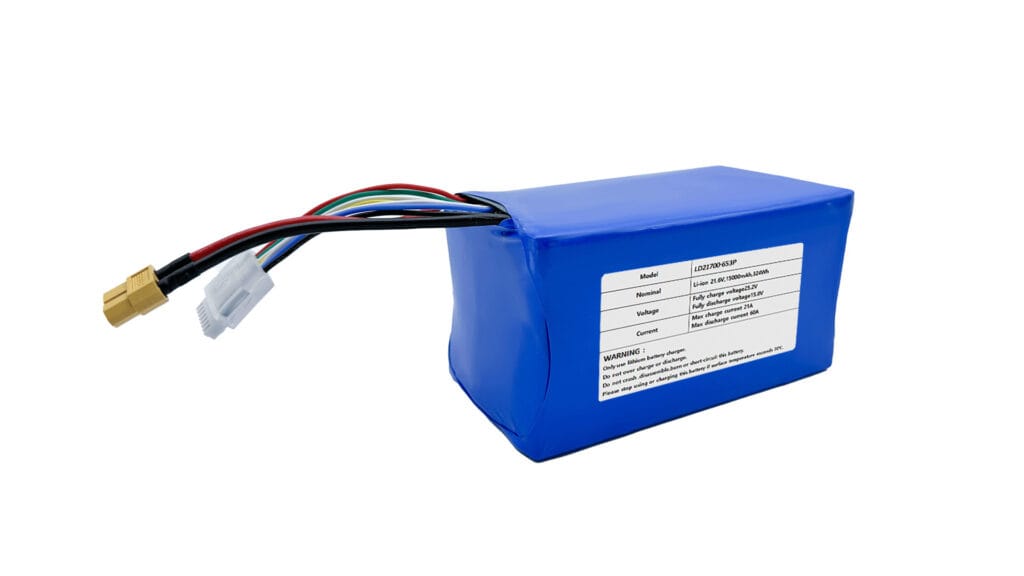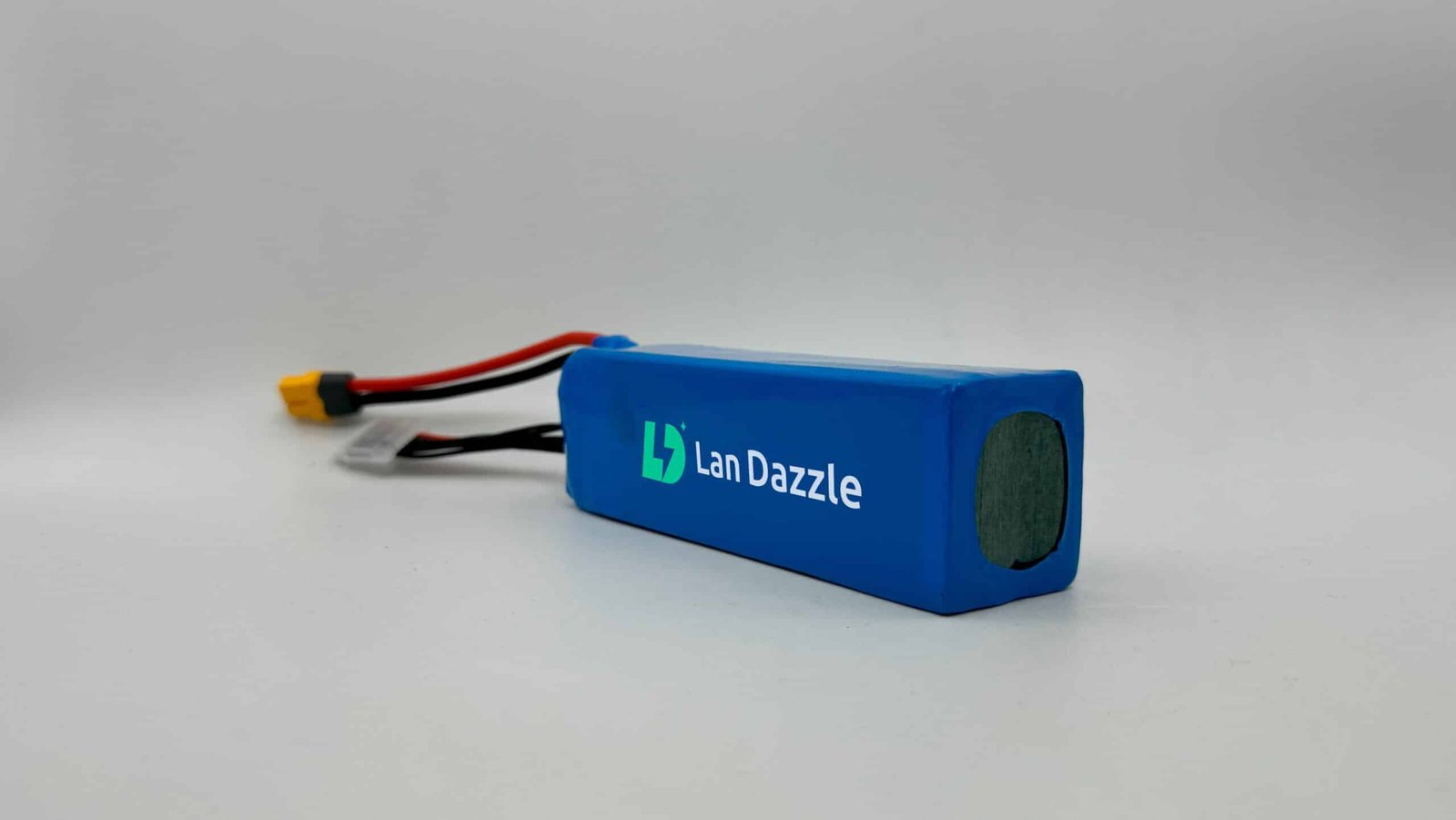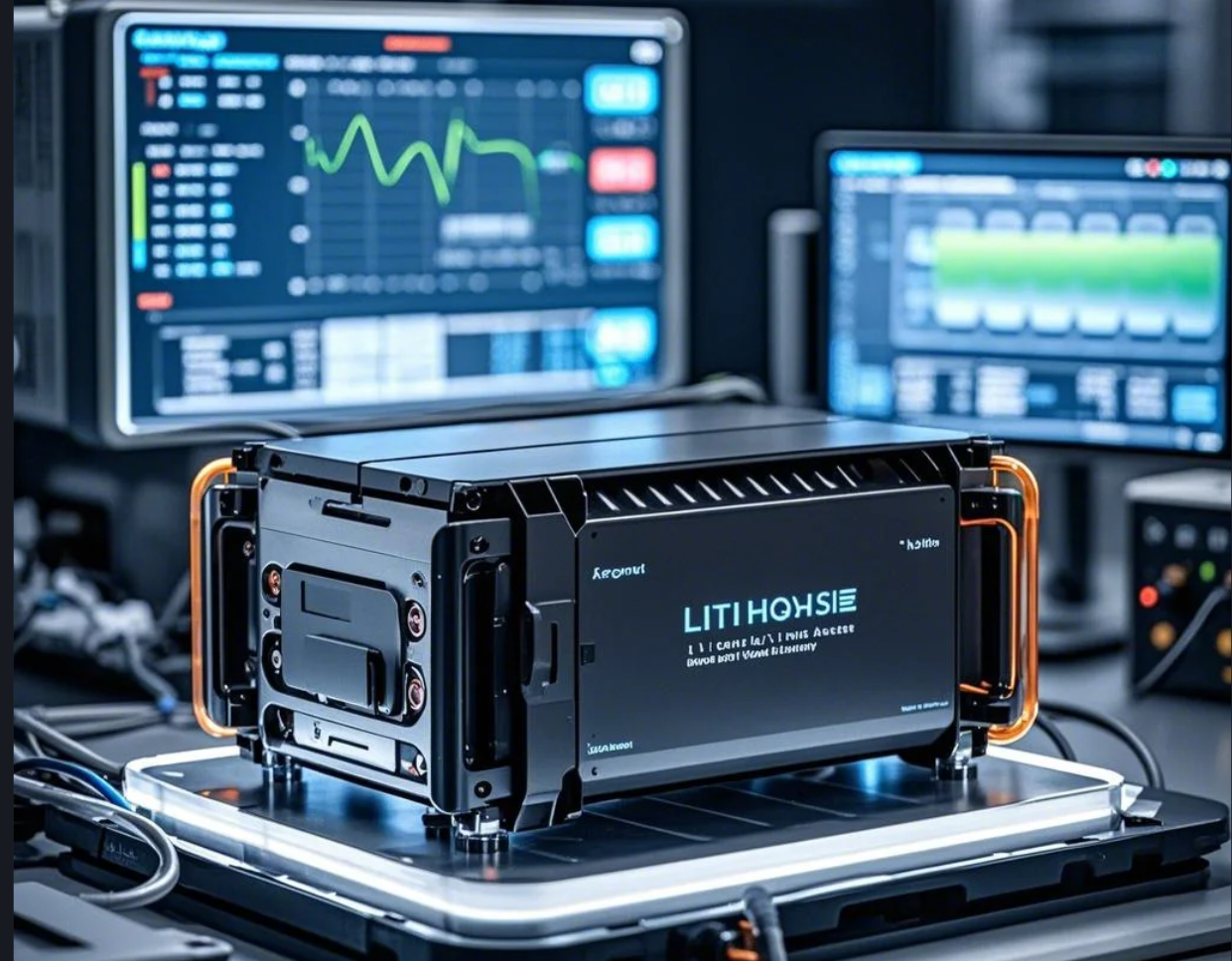In a world powered by portable electronics, advanced medical devices, and revolutionary electric vehicles, the demand for efficient, reliable, and perfectly suited power sources has never been greater. While standard, off-the-shelf batteries serve many purposes, a growing number of applications require a more tailored approach. This is where custom batteries come in, offering a bespoke power solution designed to meet the unique and exacting requirements of a specific device or system.
This comprehensive guide will delve into the world of custom battery, exploring what they are, the intricate design process, the multitude of benefits they offer, and their diverse applications across various industries. We will also provide insights into selecting the right manufacturing partner and answer your most pressing questions about this specialized field of energy storage.
1. The Power of Precision: Understanding Custom Batteries
A custom battery is more than just a power source; it is a meticulously engineered component, designed from the ground up to integrate seamlessly and perform optimally within a specific application. Unlike standard batteries, which are mass-produced to a common set of specifications, custom battery packs are tailored in every aspect, from their physical dimensions and electrical characteristics to their safety features and environmental resilience.
Punti chiave:
- Bespoke Design: Custom batteries are not a one-size-fits-all solution. They are designed to specific voltage, capacity, current, and dimensional requirements.
- Prestazioni ottimizzate: By tailoring the battery to the device, performance is maximized, leading to greater efficiency, longer runtimes, and enhanced user experience.
- Integration and Fit: Custom designs ensure a perfect physical fit within the device, optimizing space and weight.
2. From Concept to Creation: The Custom Battery Design and Manufacturing Process
The journey of a custom battery from an idea to a functional power source is a multi-step process that requires expertise in electrochemistry, engineering, and manufacturing. This collaborative process ensures that the final product not only meets but exceeds the client’s expectations.
The Design and Manufacturing Journey:
-
Discovery and Consultation: This initial phase involves a deep dive into the application’s requirements. Engineers work closely with the client to understand the device’s function, power needs, operating environment, and any space or weight constraints. Key considerations include:
- Electrical Parameters: Voltage, capacity, discharge rate (continuous and peak), and cycle life.
- Vincoli fisici: Dimensions, weight, and form factor (e.g., cylindrical, prismatic, pouch).
- Fattori ambientali: Operating temperature range, humidity, vibration, and shock resistance.
-
Cell Selection and Chemistry: The heart of any battery is its cells. The choice of battery chemistry is critical and depends on the specific needs of the application. Common chemistries include:
- Ioni di litio (Li-ion): Offers high energy density and a good balance of performance and cost. Variations like Lithium Cobalt Oxide (LCO), Lithium Manganese Oxide (LMO), and Lithium Nickel Manganese Cobalt Oxide (NMC) are chosen for their specific attributes.
- Fosfato di litio e ferro (LiFePO4): Known for its exceptional safety, long cycle life, and thermal stability, making it ideal for demanding applications.
- Polimeri di litio (Li-Po): Offers flexibility in size and shape, making it suitable for compact and lightweight devices.
- Idruro di nichel-metallo (NiMH): A reliable and cost-effective option for certain applications.
-
Battery Management System (BMS) Design: The BMS is the brain of the battery pack. It is a crucial electronic circuit that ensures the safety and longevity of the battery by protecting it from overcharging, over-discharging, short circuits, and extreme temperatures. An advanced BMS can also provide state-of-charge (SoC) and state-of-health (SoH) monitoring.
-
Mechanical Design and Prototyping: This stage involves creating a 3D model of the battery pack, including the cell arrangement, internal connections, and enclosure. The enclosure, often made from durable plastics or metals, protects the battery from physical damage and environmental factors. A prototype is then built and rigorously tested to validate the design.
-
Testing, Certification, and Manufacturing: The prototype undergoes extensive testing to ensure it meets all performance and safety standards. This includes electrical testing, environmental testing, and safety testing (e.g., nail penetration, crush tests). Once validated, the battery pack may need to be certified to meet industry and transportation regulations such as UN 38.3, IEC 62133, and UL 2054. Finally, the battery moves into full-scale production.
3. The Advantages of a Tailored Solution: Benefits of Custom Batteries
Choosing a custom battery solution offers a multitude of benefits that can significantly impact a product’s performance, safety, and market success.
Key Benefits:
- Prestazioni ed efficienza migliorate: Custom batteries are optimized to deliver the precise power required by the application, leading to increased efficiency and longer operational life.
- Optimal Space and Weight Utilization: By designing the battery to fit the device, no space is wasted, resulting in a more compact and lightweight end product.
- Increased Safety and Reliability: Custom battery packs incorporate specific safety features and are built with high-quality components and rigorous testing, ensuring reliable and safe operation.
- Durata di vita più lunga: A custom BMS can optimize charging and discharging cycles, extending the overall lifespan of the battery pack and reducing the total cost of ownership.
- Scalability and Flexibility: Custom designs can be modular, allowing for easy upgrades or modifications as technology evolves or application needs change.
4. Powering Innovation: Applications of Custom Batteries Across Industries
Custom batteries are the unsung heroes behind many of today’s technological advancements, providing the tailored power needed for a wide range of applications.
Industry Applications:
- Dispositivi medici: From portable infusion pumps and patient monitors to surgical tools and wearable health trackers, custom batteries provide the reliability and safety critical for medical applications.
- Industrial and Robotics: Automated guided vehicles (AGVs), drones, and portable industrial equipment rely on custom batteries for their high power, long runtimes, and durability in harsh environments.
- Military and Aerospace: The demanding requirements of military and aerospace applications, including extreme temperatures and high shock and vibration, necessitate the use of rugged and reliable custom battery solutions.
- Elettronica di consumo: High-performance laptops, professional-grade cameras, and other specialized consumer devices often utilize custom batteries to achieve their desired form factor and performance.
- Electric Vehicles (EVs) and E-Mobility: Custom battery packs are at the heart of the EV revolution, powering everything from electric scooters and bikes to electric cars and buses.
5. Choosing the Right Partner: How to Select a Custom Battery Manufacturer
The success of a custom battery project hinges on selecting the right manufacturing partner. A reputable manufacturer will have a proven track record, deep technical expertise, and a commitment to quality.
Key Selection Criteria:
- Experience and Expertise: Look for a manufacturer with extensive experience in designing and manufacturing custom batteries for your specific industry.
- Engineering Capabilities: A strong in-house engineering team is essential for a successful design and development process.
- Quality and Certifications: Ensure the manufacturer adheres to stringent quality control standards and holds relevant certifications (e.g., ISO 9001).
- Communication and Collaboration: A good partner will work closely with you throughout the entire process, providing regular updates and transparent communication.
- Supply Chain Management: A robust supply chain ensures the use of high-quality components and timely delivery.
Conclusione
In an increasingly specialized and technologically advanced world, the demand for tailored power solutions will only continue to grow. Custom batteries offer a powerful advantage, enabling the development of more innovative, efficient, and reliable products across a vast spectrum of industries. By understanding the intricacies of the custom battery design process and carefully selecting a knowledgeable manufacturing partner, you can unlock the full potential of your application and power your innovation for years to come.
A Lan Dazzlesiamo specializzati nella progettazione e nella produzione di batterie ai polimeri di litio personalizzate, 18650 and 21700 battery packs, e modular battery solutions tailored to your application needs. Whether you’re building a drone, robot, smart helmet, or wearable device, we offer high-performance, compact, and reliable battery packs engineered for excellence.
Contattateci all'indirizzo info@landazzle.com to get your custom battery solution today.
